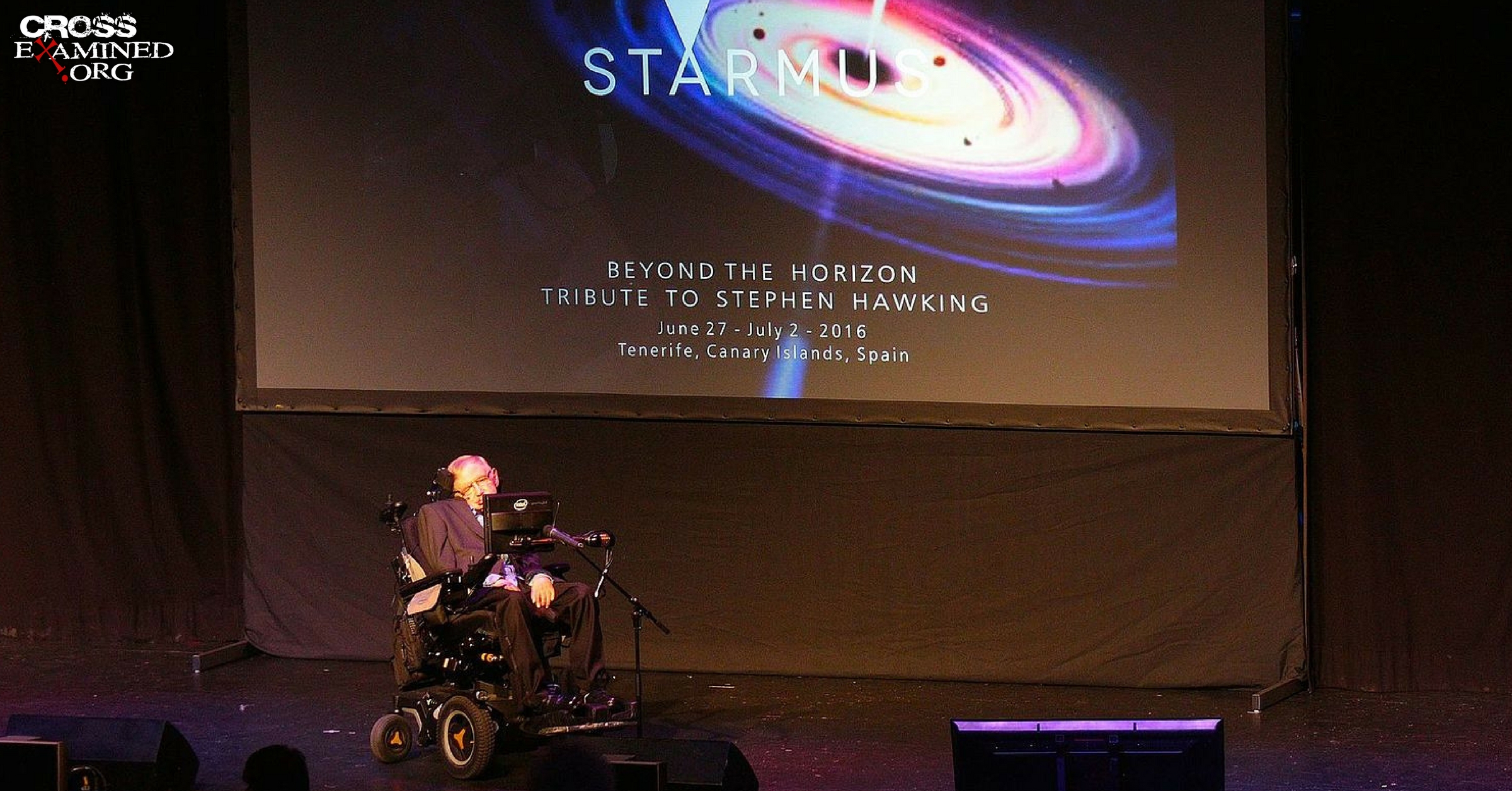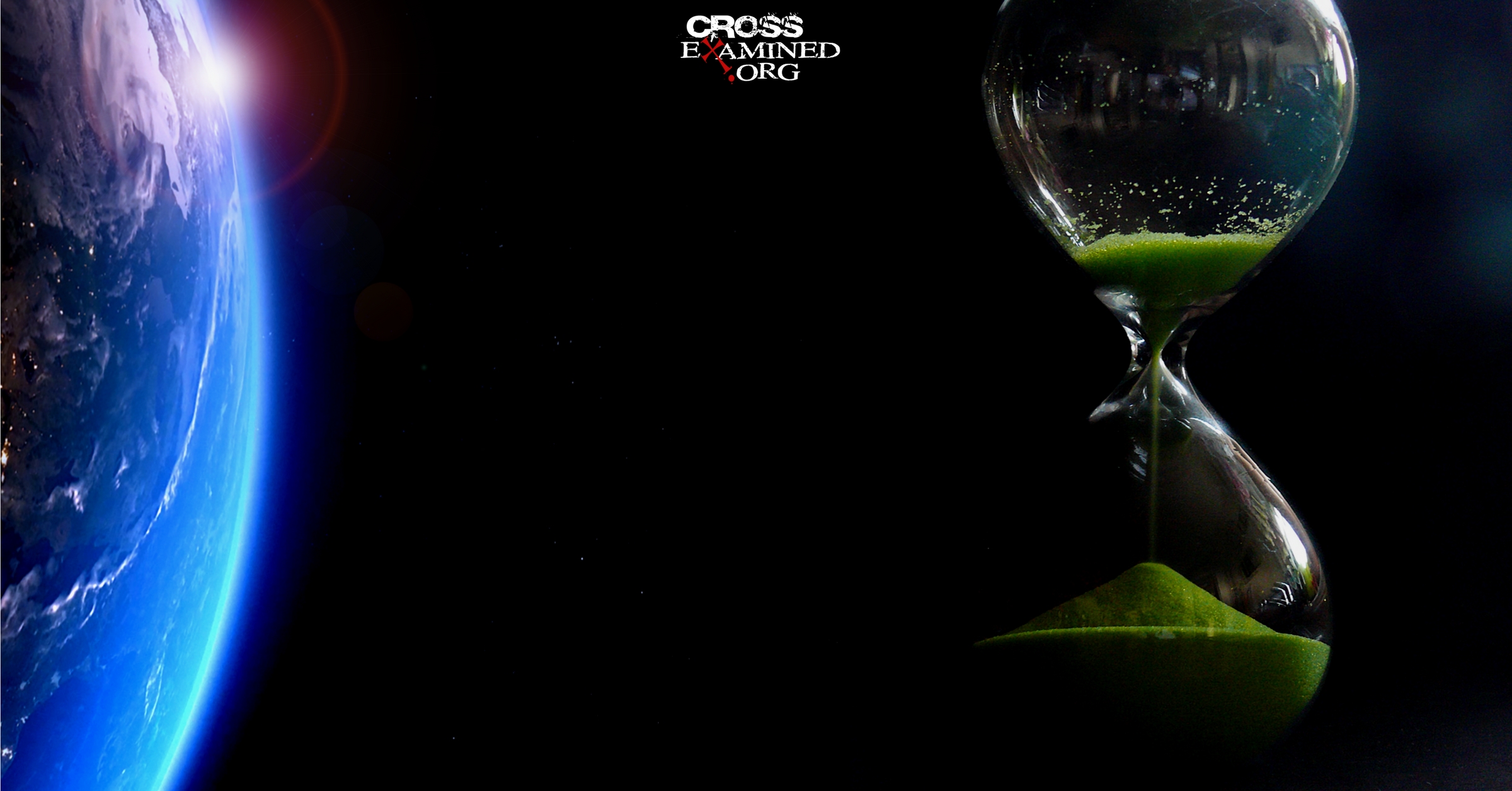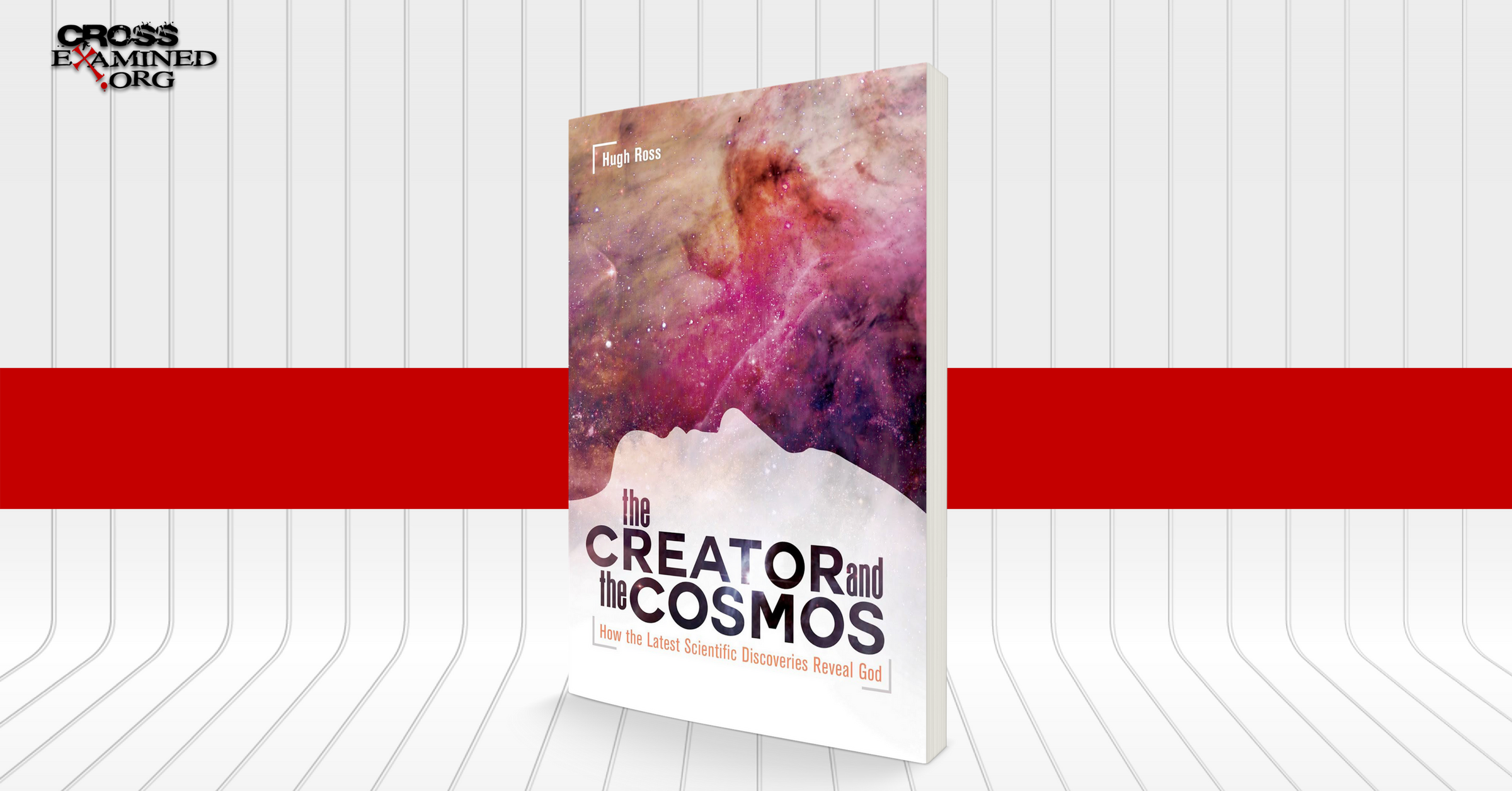Why Don’t Brilliant Scientists Like Stephen Hawking Believe in God?
The famous physicist, cosmologist, and author Stephen Hawking died this week. He was widely known as one of the most brilliant scientists of our time.
He was also widely known as an atheist.
In fact, many of the most famous scientists today are atheists.
This point has not escaped the attention of skeptics who often promote the idea that science and God are in conflict. As supporting evidence of that supposed conflict, skeptics often claim that virtually no scientists believe in God. More specifically, they back up their claim by citing a 1998 research study that showed 93 percent of the members of the National Academy of Sciences (an elite scientific organization in the United States) don’t believe in God. That finding caught the media’s attention, and it’s been continually quoted ever since as a known fact about the relationship of religious belief and scientific professions.
For example, atheist neuroscientist and popular author Sam Harris has written:
Although it is possible to be a scientist and still believe in God — as some scientists seem to manage it — there is no question that an engagement with scientific thinking tends to erode, rather than support, religious faith. Taking the U.S. population as an example: Most polls show that about 90% of the general public believes in a personal God, yet 93% of the members of the National Academy of Sciences do not. This suggests that there are few modes of thinking less congenial to religious faith than science is.
My purpose in this post isn’t to dissect Stephen Hawking’s personal religious beliefs. I only refer to him here because his death has once again raised this subject in popular discussion. My purpose is also not to dissect whether God and science conflict (I address this in multiple chapters of Talking with Your Kids about God). My purpose instead is to look at the question of whether it’s true that scientists don’t believe in God and the implications of the answer.
While we know that truth isn’t determined by vote, statistics get people’s attention—and young people especially trust “expert opinion”—so it’s well worth our time as parents to explore this question. When your kids ask why scientists don’t believe in God (because they’ve heard that’s a foregone conclusion), this is the discussion you need to have.
What Do Scientists Believe about God?
This is the subject of Chapter 12 in Talking with Your Kids about God. In that chapter, I explain in detail the five major research studies that have been conducted on this question (with all corresponding references). I’ll briefly summarize the findings here:
- James Leuba Study (1914) with Edward Larson and Larry Whitham Follow-Up (1996-98): In 1914, it was found that 42 percent of scientists believed in a personal God. Among the scientists Leuba identified as “greater” (leading scientists), the number dropped to 28 percent. In 1996, Larson and Whitham attempted to replicate the study to see how the scientific developments of the twentieth century may have changed religious views amongst scientists. Their results were almost identical: 40 percent said they believed in a personal God. To replicate Leuba’s attempt to survey a subset of elite scientists, Larson and Whitham surveyed the National Academy of Sciences. In that group, belief in a personal God dropped to 7 percent. This is the specific study so often referenced to demonstrate that scientists don’t believe in God.
- Religion among Academic Scientists Study (2005-8): Sociologist Elaine Howard Ecklund surveyed nearly 1700 scientists at 21 elite universities on their views of religion and science. She found that nearly 50 percent identified with a religious label. Importantly, Ecklund conducted statistical analyses to identify which factors were the most significant predictors of religious beliefs and behaviors. She found the strongest predictor of religious adherence to be childhood religiosity.In other words, those scientists raised with a religious affiliation were more likely to be religious as adults, and those raised without religious affiliation were more likely to be irreligious as adults. Ecklund concludes:
It is an assumption of much scholarly work that the religious beliefs of scientists are a function of their commitment to science. The findings presented here show that indeed academics in the natural and social sciences at elite research universities are less religious than many of those in the general public, at least according to traditional indicators of religiosity. Assuming, however, that becoming a scientist necessarily leads to loss of religious commitments is untenable when we take into account the differential selection of scientists from certain religious backgrounds. Our results indicate that people from certain backgrounds (the non-religious, for example) disproportionately self-select into scientific professions.
- Pew Research Center Study (2009): Findings suggest that scientists are roughly half as likely as the general public to believe in God or a higher power.
- Religious Understandings of Science Study (2012-15): Ecklund conducted another study which included 574 scientists. In this survey, 36 percent of scientists said, “I know God really exists and I have no doubts about it,” versus 56 percent of the overall sample.
Let’s now consider the implications of these studies.
- It’s not true that 93 percent of scientists don’t believe in God.
This frequently quoted statistic refers to just one of several available studies, and there are two good reasons we shouldn’t consider it to be the representative statistic. First, it’s clear from the other research that this finding was an outlier—the other major studies on this subject suggest that 33 to 50 percent of scientists believe in a personal God, with the numbers even greater if we include those who believe more broadly in a higher power. Second, this study was conducted with a unique group—members of the National Academy of Sciences, an organization of about twenty-three hundred scientists who were elected to membership by other members. We could speculate all day about why these particular scientists are less likely to believe in a personal God, but the bottom line is that this organization is not representative of the broader scientific community. The most that can be said from this study is that 93 percent of scientists who are members of the National Academy of Sciences and responded to the survey don’t believe in a personal God. It’s highly inaccurate to suggest that 93 percent of all scientists are atheists because this is not a representative sample.
- Correlation does not equal causation.
In statistics, correlation simply means that two variables tend to move in the same direction—in this case, those who are scientists do tend to be less likely to believe in God. This doesn’t mean, however, that being a scientist necessarily causes someone not to believe in God. (Think of it this way: in some parts of the world, it rains almost every Easter, but that doesn’t mean Easter causes it to rain.) If we determined that becoming a scientist did cause people to drop their belief in God, we might have reason to think there is some inherent conflict between the practice of science and theism. But to the contrary, Ecklund’s Religion among Academic Scientists study showed that the irreligious are simply more likely to become scientists in the first place. The available research does not suggest that scientists become irreligious as a consequence of their occupation, though this is what skeptics typically assume. And if becoming irreligious is not a consequence of their occupation, then the whole topic of what scientists believe about God quickly becomes less relevant.
- What scientists believe about God ultimately has no bearing on whether God exists.
While we should explore this subject because it’s often raised as a challenge to the truth of Christianity, we must remember that, ultimately, beliefs aren’t true depending on who holds them. They are true because they correspond to reality. Scientists don’t have any more expertise on the reality of God’s existence than anyone else.
For more background on these studies and a full conversation guide to use with your kids in discussing this subject, see Talking with Your Kids about God pages 125-132.
Original Blog Source: http://bit.ly/2DQI3M6












Leave a Reply
Want to join the discussion?Feel free to contribute!